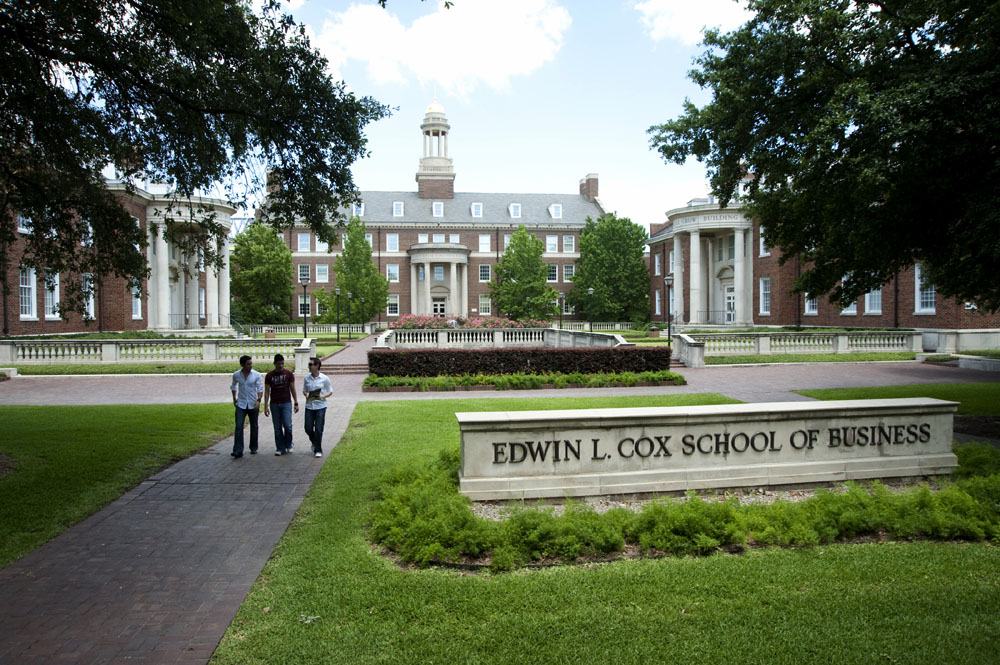Survey: Companies Continue to Embrace Leadership Development
A recent poll of corporate HR practitioners and leaders by SMU Cox Executive Education revealed that over 98 percent of those surveyed project continuing current levels or modest increases in spending on management training in 2011.

This is particularly noteworthy when CEOs and CFOs appear to be as uncertain as economists in responding to a volatile world. The 2010 SMU Cox CEO Sentiment Survey reported that CEOs continued to feel personal and organizational negative impact of the recession and were mixed in their outlook for 2011. Forty-four percent of CEO’s saw improvement in the economy, but 34 percent experienced a decline in 2010. Fewer CEO’s than last year expected the local, national or global economies to improve in 2011.
“Although business leaders are mixed in their outlook, HR leaders are saying they plan to invest in human capital. The current economic challenges and on-going climate of change and uncertainty demand a more aggressive response from management development leaders,” said Frank Lloyd, associate dean, Executive Education, SMU Cox School of Business.
“The indications of a modest increase in spending on leadership development come after two years of decreased investment. While increased spending on training typically lags in a recovery, today it seems to be leading.”
Most of the learning and development professionals responding to the recent HR survey agreed on how to focus their still limited ability to invest in human capital. Over two-thirds intend to focus on their high potentials.
This is understandable according to Lloyd. “It is more important than ever that businesses manage their human capital investment portfolios to prepare a deep pool of flexible and adaptive leaders and to develop organizational capability in business acumen, strategic thinking, organizational and interpersonal skills. Sound investments in these areas will create the maximum benefit from limited resources and enable firms to do more with less in a continuing sluggish economy.”
The nearly 100 respondents to the HR leadership development survey included professionals attending the Society of Human Resource Management (SHRM) HR Southwest Conference in Ft. Worth, Texas, and HR corporate leader members of the SMU Cox School of Business Human Resources Roundtable.
“Leadership is by far the most important content area for training and development, according to respondents, followed by topics that reflect the need for focus and efficiency, such as employee engagement for increased productivity and mastering work with tighter budgets and a leaner organization,” continued Lloyd.
The four areas where respondents suggested spending will have the most impact are:
- leadership and executive development
- management accountability
- interpersonal and organizational business skills
- aligning leaders with the business strategy
About SMU Cox Executive Education
SMU Cox Executive Education offers innovative and flexible programs that provide relevant and dynamic learning experiences for professionals, managers, and executives. Programs develop leadership capability, business acumen, strategic thinking and decision making skills that improve performance. Cox Executive Education works in partnership with client organizations to develop custom learning solutions to strategic business challenges. These programs consistently win national awards for excellence in academic partnership. Programs are offered at the SMU campus in the state-of-the-art James M. Collins Executive Education Center, as well as in-house for corporate clients.